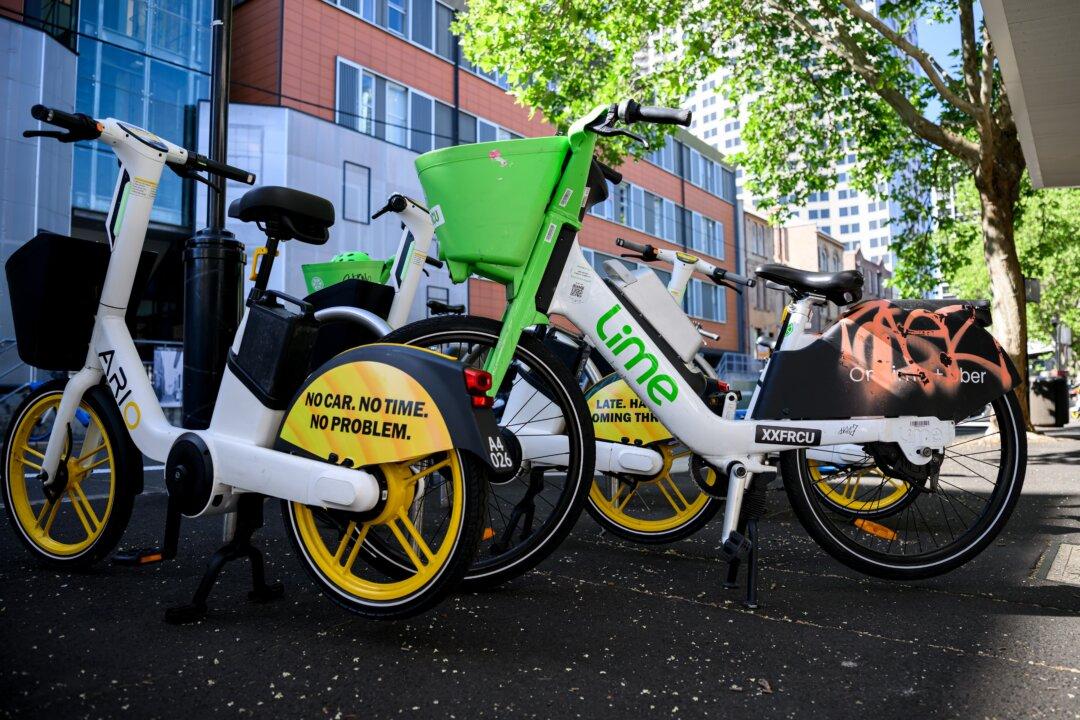A majority of New South Wales (NSW) lower house MPs have voted to give terminally ill people the right to choose to end their lives, but must now plough through more than 160 suggested changes to the proposed law.
The Voluntary Assisted Dying Bill passed by 53 votes to 36 in a second reading vote in the NSW Legislative Assembly on Thursday evening.





